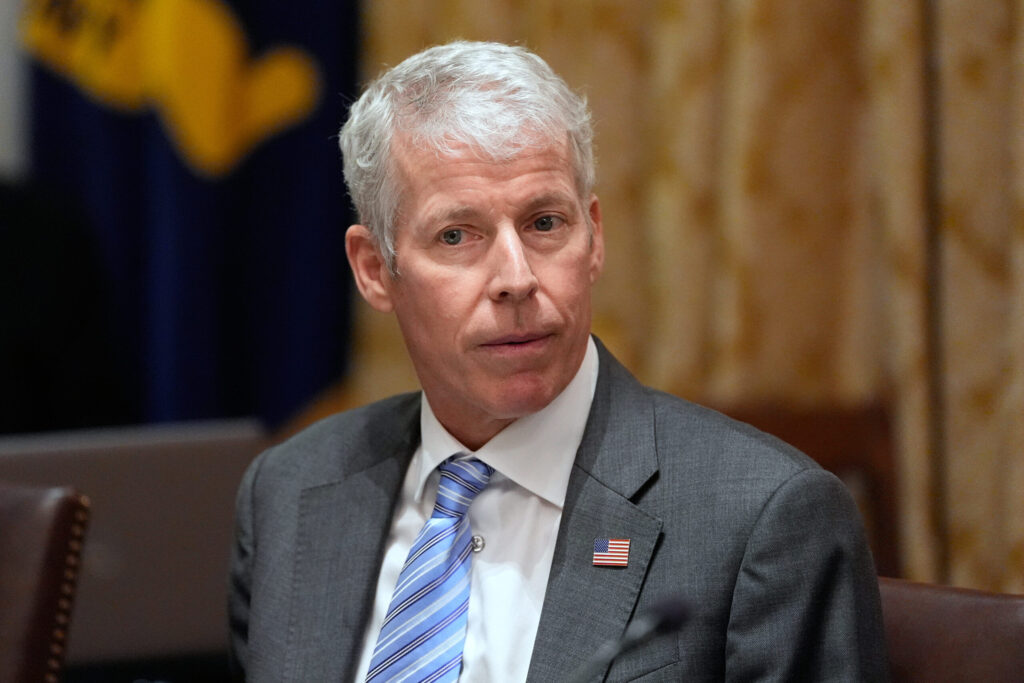Wright: Solving the affordable housing crisis
Colorado is facing an affordable housing crisis as both the demand and the cost of entry-level homes continues to skyrocket, while housing construction, particularly in the areas of condominiums, remains largely nonexistent.
Some have argued the absence of affordable housing construction, which condominiums and starter single-family homes provide, is simply due to a lack of demand. That is just not the case. New research from the Common Sense Policy Roundtable suggests that there is in fact strong demand for diverse and affordable housing, but that many consumers have been priced out of the market because of well-intentioned but overly burdensome construction defect liability laws.
At the end of 2016, 68 percent of Denver metro area homes were priced over $400,000 – an all-time high. The new study suggests this trend, if left unaddressed, will have serious consequences not only for the finances of Colorado’s middle-income and younger households, but also for the entire state’s economy.
The problem lies in a significant mismatch between demand and supply of affordable housing in Denver. One clear indication comes from home prices themselves: Over the last five years, increases in Denver for-sale home prices have far surpassed the growth in rental prices, and these price increases have been greatest in the “entry-level” price tiers. Condominium prices in particular have increased over 20 percent in the last year alone. This suggests demand may exceed supply within this segment of the housing market. But despite these substantial price increases, Denver condominium construction starts remain well below their historical averages, and the majority of new construction projects have been geared toward high-priced luxury units.
The shortcomings in the affordable housing market are in no small part due to Colorado’s burdensome construction defects law, which substantially increases the risk of class-action litigation against homebuilders. It is estimated builders face extra costs of as much as $15,000 per unit, which may make condo units under $450,000 economically infeasible to build. As a result, developers have shied away from condo construction in Colorado, and the units currently under construction tend to be higher-priced and outside the “entry-level” tier.
The Common Sense Policy Roundtable examined the possible economic impact on Colorado if there is less residential housing investment due to the current defects law. Using a leading economic forecasting model developed by Regional Economic Models, Inc., the simulation found even a 1 percent decrease in residential investment in 2017 could result in over 1,800 fewer jobs for Coloradans the first year and a decrease in state GDP over the next five years of $1.06 billion.
In addition, abnormal price increases caused by a housing shortage could have a negative economic impact. According to the model, just a 1 percent increase above baseline housing costs in 2017 would reduce disposable income for Coloradans by $322 million due to reduced migration, fewer jobs and higher inflation.
The reality is that pressures on developers to reduce investment or increase costs could produce harmful effects in Colorado’s economy that extend far beyond the housing market.
By delaying and discouraging home purchases, building net worth in the home equity for young homebuyers, teachers, firefighters and many of our middle-income is lost and long-term financial security impacted. But the consequences don’t stop there. Reduced migration, greater income inequality and infrastructure pressures are increased due to urban sprawl as the answer to cheaper housing is by building further from job centers.
Colorado’s state Legislature can help avoid these unintended consequences. Policymakers on both sides of the aisle should evaluate reforms that provide common sense and balanced solutions that protect consumers from faulty construction, while still providing diverse and affordable options for home ownership.












